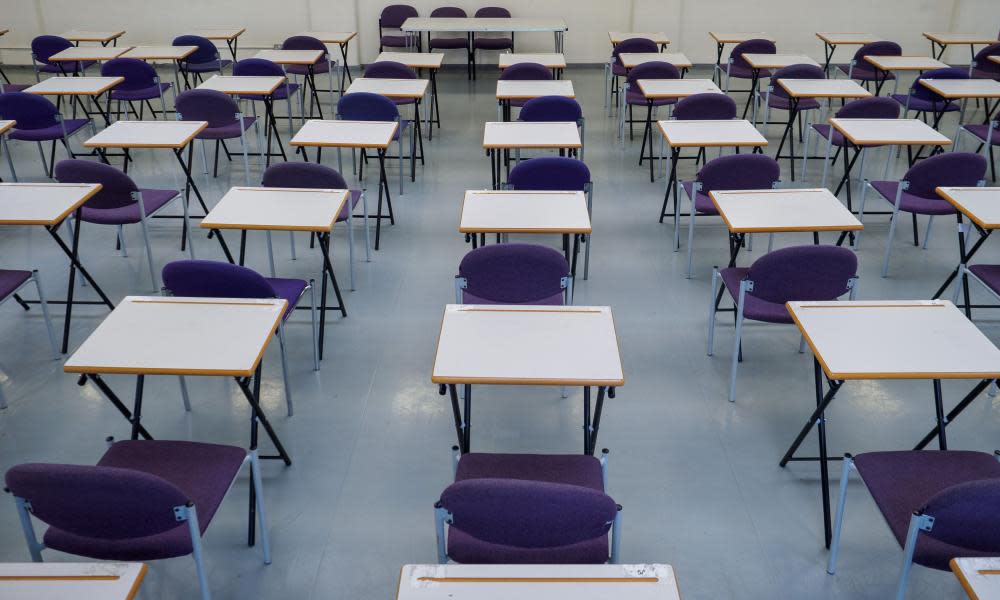Half of exam-year UK pupils given no school work since March, finds study

Half of all UK pupils whose exams were cancelled as a result of the Covid-19 crisis have not been provided with any school work since lockdown began, according to research.
A survey by the National Foundation for Educational Research (NFER) found that pupils in years 11 and 13, who should have taken their GCSEs and A-levels this summer, have lost most learning during the pandemic.
The NFER surveyed parents of more than 4,000 UK pupils and found that almost all received some remote learning tasks from their teachers (90%), but when it came to exam-year pupils in years 11 and 13 almost half received no work from their school.
“This means that, come September, many of these pupils will not have engaged with education for up to six months,” the NFER noted. “A return to education may therefore prove challenging for many, especially if it is in a new educational setting, and targeted support may be needed.”
Since schools closed in March to all but the children of key workers and vulnerable pupils, there has been growing concern about the variability of remote schooling, with some children benefiting from hours of live online lessons, while others have done little or nothing. Exams have been replaced by calculated grades based largely on teacher assessment.
Experts in the sector have warned school closures and loss of learning will most affect pupils from disadvantaged backgrounds. While many year 11s in the state sector have done no work, their counterparts at some private schools have already begun their A-level courses to make best use of time.
Jack Worth, lead economist at NFER, said: “We welcome the government’s significant catch-up funding, but pupils who are set to start college or sixth form in September were not included in the package. It’s crucial that some support is considered to ensure these young people, whatever their background, have the same opportunities as other children.”
The NFER also found that at least one in 20 pupils live with a clinically extremely vulnerable adult, which will make it difficult for them to go to school in September and has warned that reintroducing fines for non-attendance would be counterproductive. It called for a delay in enforcement until community infection rates are lower.
Meanwhile, a survey of 1,000 students by the National Union of Students has found that more than a third would not feel safe with face-to-face teaching in September and one in four don’t feel safe moving into new accommodation.
“Any attempt to bring students back into face-to-face teaching too early will undermine confidence in the university’s approach,” the NUS’s president, Larissa Kennedy, said. “Instead students must be consulted as part of this process and it is crucial for universities to work with their students’ unions to facilitate the reopening of campuses, when it is safe to do so.”

 Yahoo News
Yahoo News 
